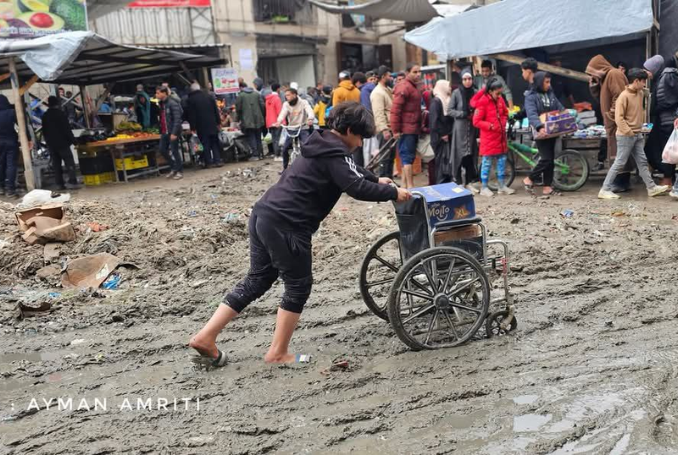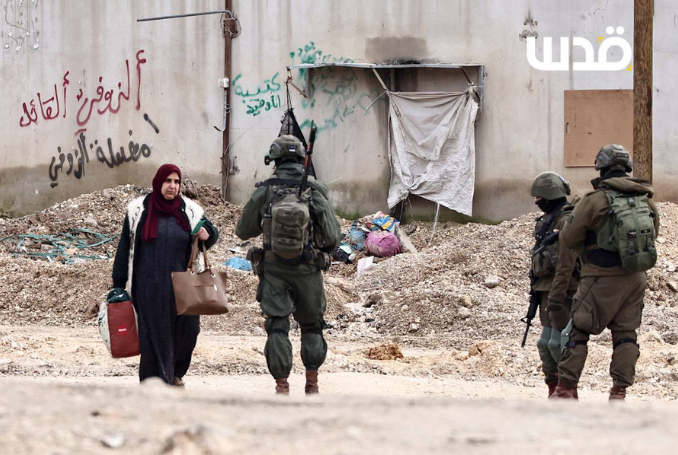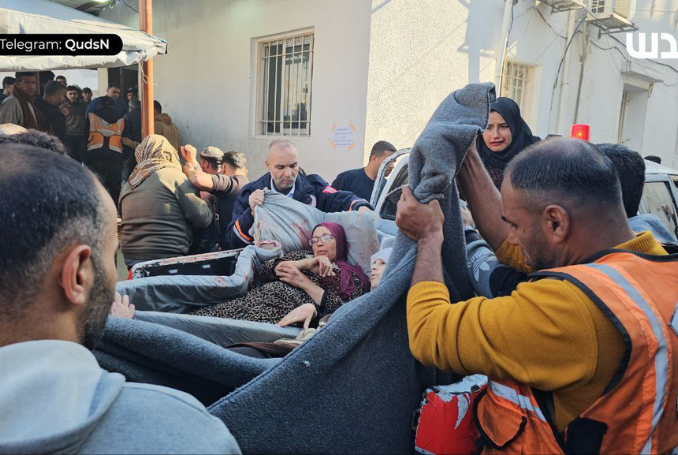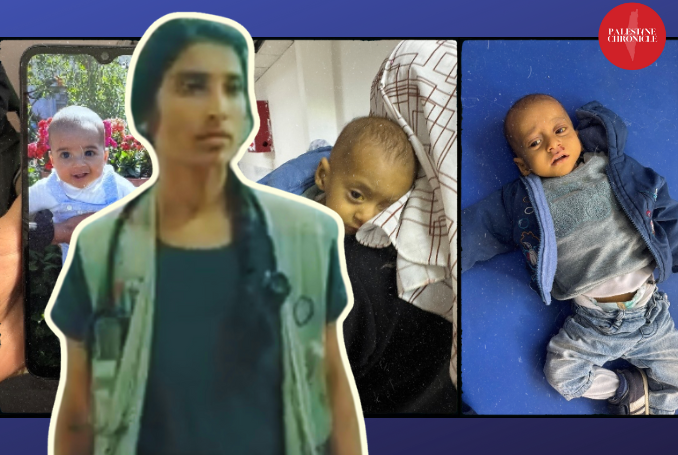
Overflowing sewage has flooded the streets of the Sheikh Ridwan area in northern Gaza City, worsening the environmental crisis that Palestinians are facing under Israel’s ongoing blockade. This is one of numerous examples of a burgeoning problem, compounded by the near-complete lack of resources to counter it.
The devastating sewage flooding has worsened the suffering in the Gaza Strip, where Palestinians are already grappling with severe shortages of fuel, food, and essential services due to the Israeli siege.
The crisis, which has been aggravated by the closure of vital crossings into Gaza, has caused pumping stations to shut down, leading to water and sewage treatment plants being taken offline. This interruption in vital services is putting the health of Gaza’s population at serious risk, raising concerns over a possible epidemic outbreak.
The Israeli decision to shut down all crossings in early March, following the completion of the first phase of the ceasefire between Palestinian resistance and Israel, has not only halted the flow of humanitarian aid but also left Gaza without fuel and electricity. This move has been widely criticized as an attempt to use starvation as leverage against Hamas, pressuring the Palestinian group to concede to Israel’s demands.
The environmental disaster is rapidly deteriorating, especially in low-lying areas prone to environmental hazards. Gaza Municipality spokesperson Hosni Mahna has warned that the combined effects of sewage flooding, the spread of disease, and contamination of the water supply are escalating.
“Israel’s targeting of sewage treatment facilities, rainwater collection ponds, and critical infrastructure, along with the fuel shortage needed to power generators, has triggered an unprecedented environmental disaster in the city,” Mahna said. “The situation is spiraling out of control, with raw sewage inundating the streets of a city already crippled by war.”
The humanitarian situation has worsened due to the widespread destruction of Gaza’s infrastructure. The Israeli military has destroyed approximately 175,000 meters of sewage networks, further exacerbating the already dire conditions. According to the government’s media office, nearly 88 percent of Gaza’s infrastructure, including homes, vital facilities, and services, has been obliterated.
The spread of sewage water is not only a health hazard but also a breeding ground for diseases. Mahna has warned that the current flooding, combined with the intense overcrowding in Gaza, poses significant risks for epidemics.
“The situation is now a public health emergency,” Mahna said. “The floodwaters, foul odors, and the proliferation of insects and rodents are a direct consequence of the destruction caused by Israeli airstrikes. The environmental consequences are severe, and we are facing the threat of disease outbreaks in the coming days.”
In particular, Mahna expressed concerns about the potential contamination of Gaza’s underground water supply, which could further deteriorate the health of Gaza’s population.
Mohamed Barakat, a resident living near the Sheikh Radwan Pond in northern Gaza, highlighted how the combination of sewage and rainwater in the area has created a dangerous environment for local residents. “Living in this situation is unbearable,” Barakat said. “We are surrounded by sewage, and the health risks are overwhelming.”
Mahna and other local officials have called for international intervention to address the crisis and provide the necessary resources for the maintenance of sewage systems and the provision of clean water. “We urgently need international aid to prevent the collapse of the sewage infrastructure and to avoid the spread of waterborne diseases,” Mahna said.
“The occupation has targeted the Sheikh Radwan Pond multiple times during the conflict, significantly damaging its operation. The lack of fuel and the mixing of rainwater with sewage water have worsened the situation. If rain falls in the coming months, there is a high risk that sewage water will overflow, flooding the surrounding buildings and putting residents at further risk.”
Mahna warned that the leakage of sewage into Gaza’s underground water reservoir would cause widespread contamination, making the already dire humanitarian crisis even worse.
(MEMO, PA, Anadolu)




